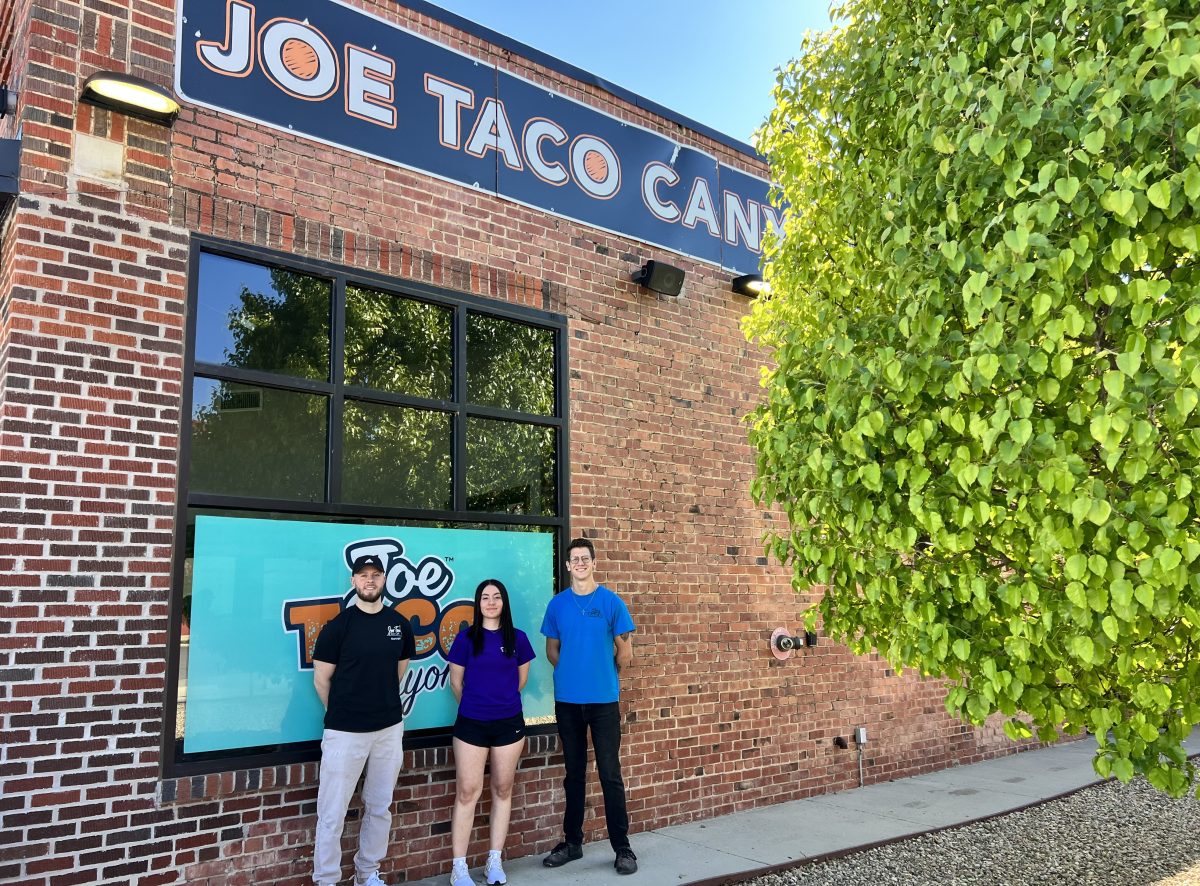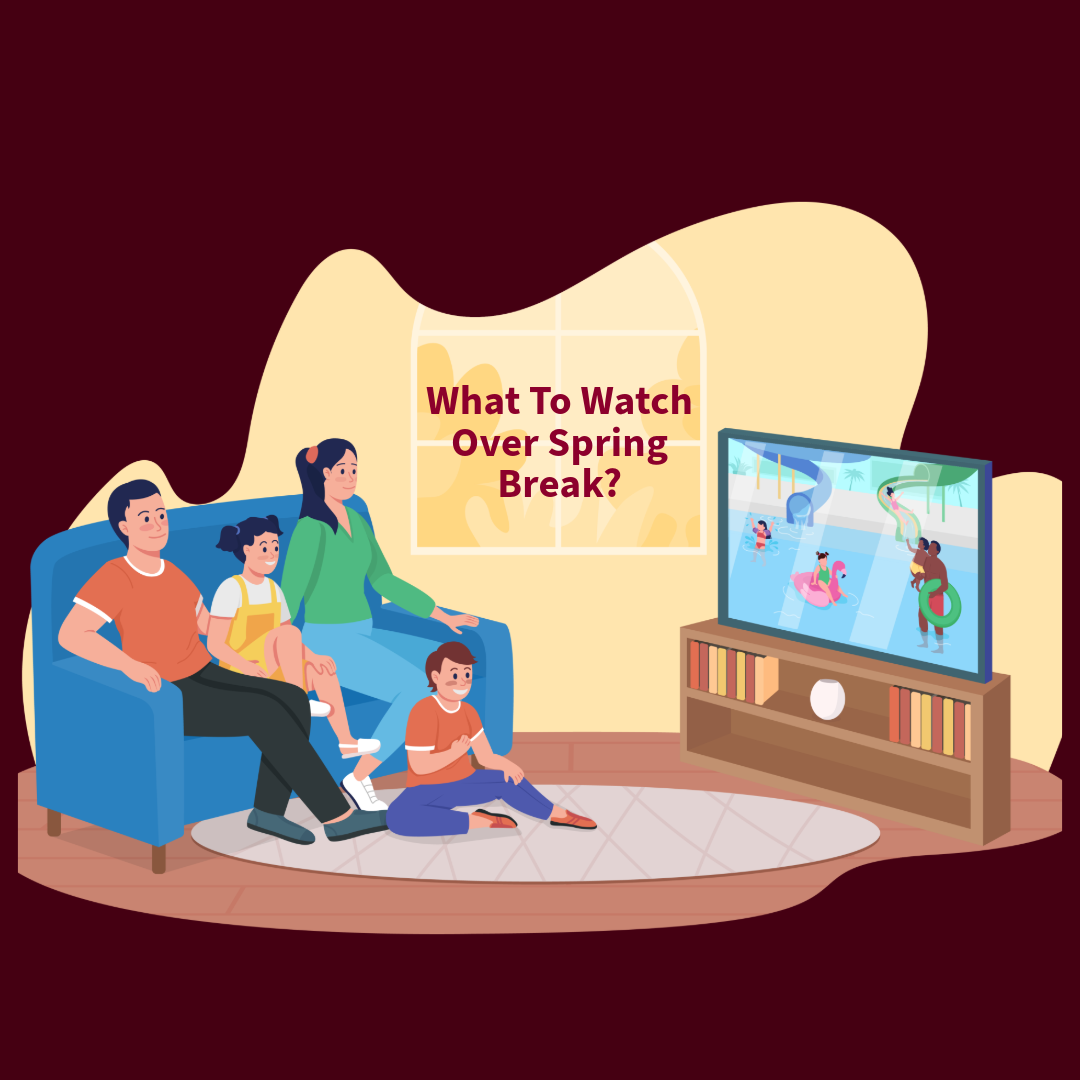
Space is an aspect of real life that is often simplified or misrepresented in games. The sheer scale of distances involved and the difficulties of orbital mechanics would needlessly complicate other aspects of gameplay. One game, however, embraces all of the hazards and challenges that space travel presents in real life.
Kerbal Space Program, developed by the small team of Squad, allows players to take on the roles of an entire space program, ranging from designing and testing rockets, planning missions to celestial bodies and strapping into the pilot’s seat for takeoff. The game, presently in alpha version 1.8, has no real objectives as of yet. The player is free to go anywhere in the model solar system, but future plans for the game include a space race campaign and other missions.
The scale of the game is literally astronomical. All of the planets and moons, while scaled down in size from their real life counterparts, spin away at vast distances from each other. The solar system itself consists of six planets, a scattering of moons and a dwarf planet that mirrors our own solar system. From closest to farthest the planets are Moho, very hot and close to the sun; Eve, with its thick purple atmosphere; Kerbin, home planet of the little green astronauts; Duna, a familiar red desert planet; Dres, an oversized asteroid drifting in the planned location of an asteroid belt; Jool, a massive green gas giant with five moons and Eeloo, a little icy ball with an orbit reminiscent of Pluto’s. All of these bodies and their moons can be orbited, landed on, and returned home from, even across distances of billions of miles that would, in real time, take years of flying through space.
While the game has several built in tutorials to acquaint new players, the difficulty curve should not be underestimated. In a game that is quite literally rocket science, the unfamiliar will quickly find themselves lost in a sea of astronomical terms like delta-v, apoapsis and retrograde. Fortunately many excellent resources are available to help new rocketeers get their space legs, including the Youtube channel of Scott Manley, who has several videos that can help even the most inexperienced pilot get off the ground. Once players are more acquainted with concepts like getting into orbit and pulling off their first successful landings on Kerbin’s natural satellites, Mün and Minmus, they can jump into even more difficult challenges like assembling a space station by docking pieces in orbit or interplanetary travel.
KSP’s modding, or modifying the game, community is a lively one, with the full support of the developers.
“Modding for me is a must-have in any game,” lead developer Felipe Falanghe said in an interview with True PC Gaming. “It draws in a greater interest from the players, who realize they can be more than just end-users of a finished product.
They can take active part in improving and adding to the game, and they become really attached to it. A multitude of mods exist, adding things from new parts to helpful tools.
One of the most popular mods is the autopilot component Mechanical Jeb, named for one of the infamous first three pilots that appear in the game. The tool provides a number of features including liftoff and landing autopilot, a wide variety of information panels, easy orbital operations and directional control, all of which free up the player to focus on finer details.
Despite being in early alpha, the game has already become a hit with fans and has received positive reviews from PCGamer and Unbored. The game even has the attention of real life rocket scientists. In an Ask Me Anything on Reddit.com by the team working on NASA’s Curiosity rover, when asked if any team members played the game, replied “A few team members yes, and those who do love it. Adorable.”
Despite being so early in its development, Kerbal Space Program already boasts impressive features and a thriving community. In overcoming the trials of space exploration, players might even learn a little about space while they have their fun.
“Exploring vast worlds in outer space is the current/next frontier for the human race and I think people really connect with that idea,” Developer Mike Geelan said in an interview with rockpapershotgun.com. “There is a lot of fun to be had in experimenting and constructing wild and wacky spacecraft and attempting to get them to new and exciting places.”








